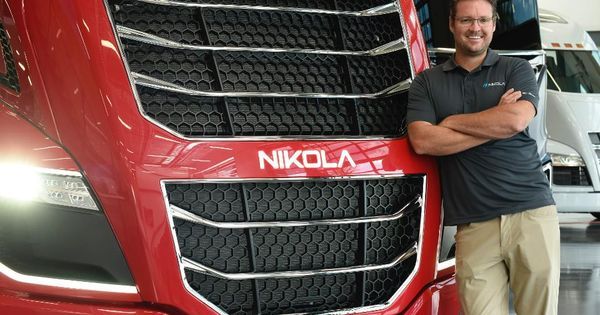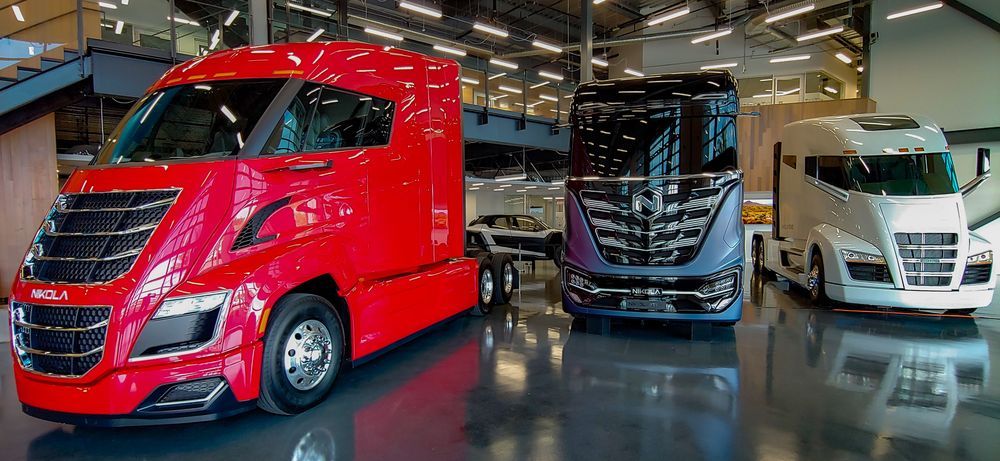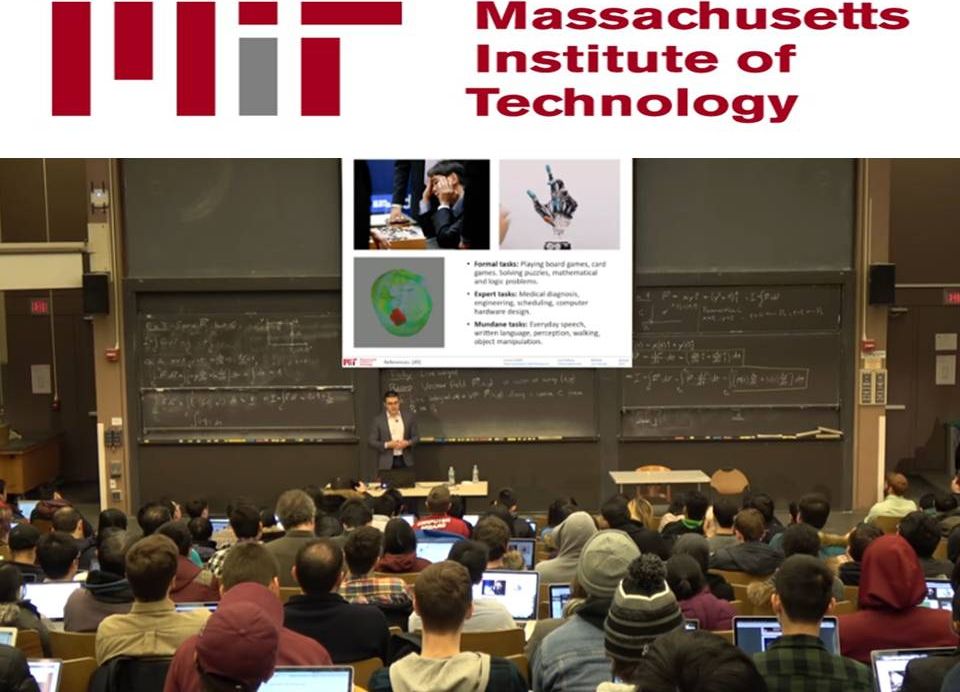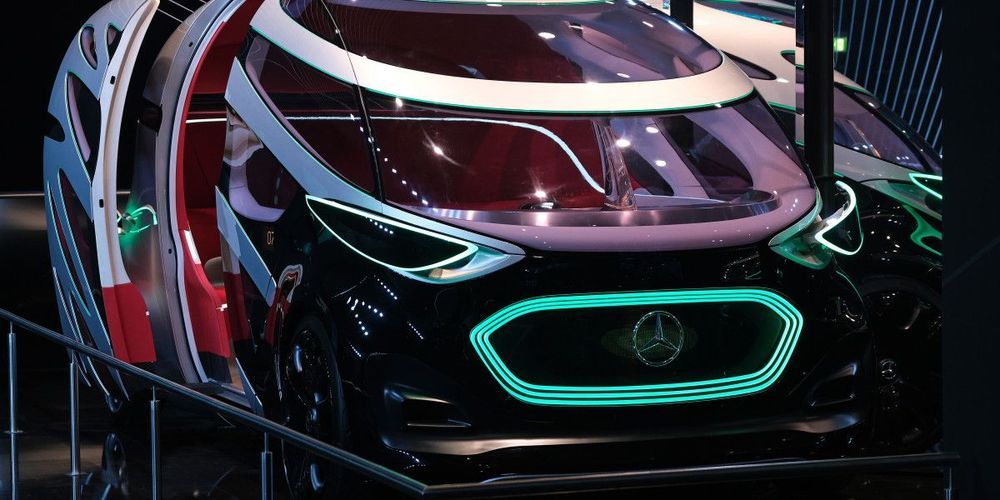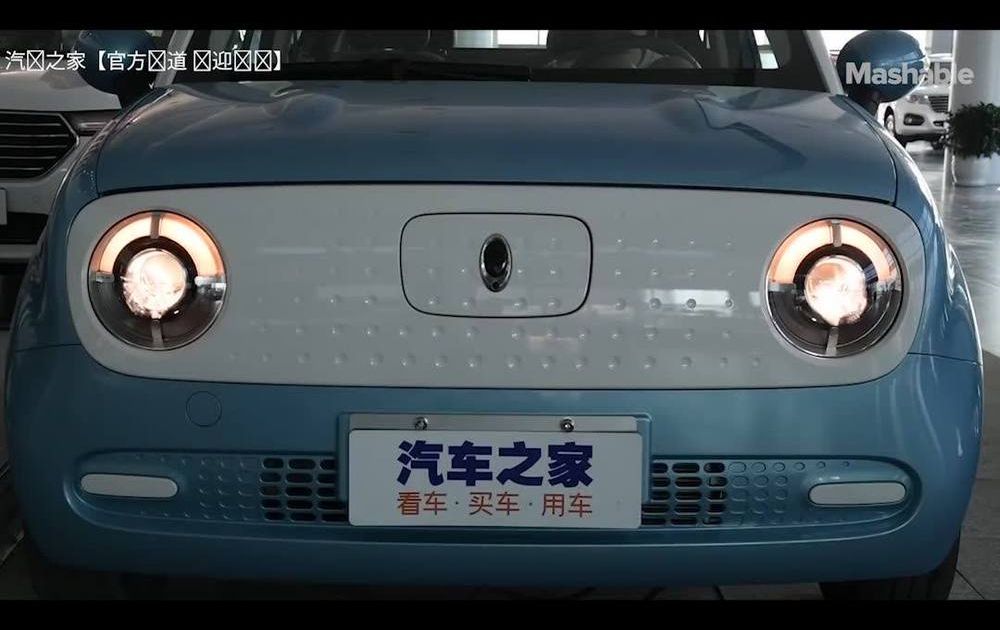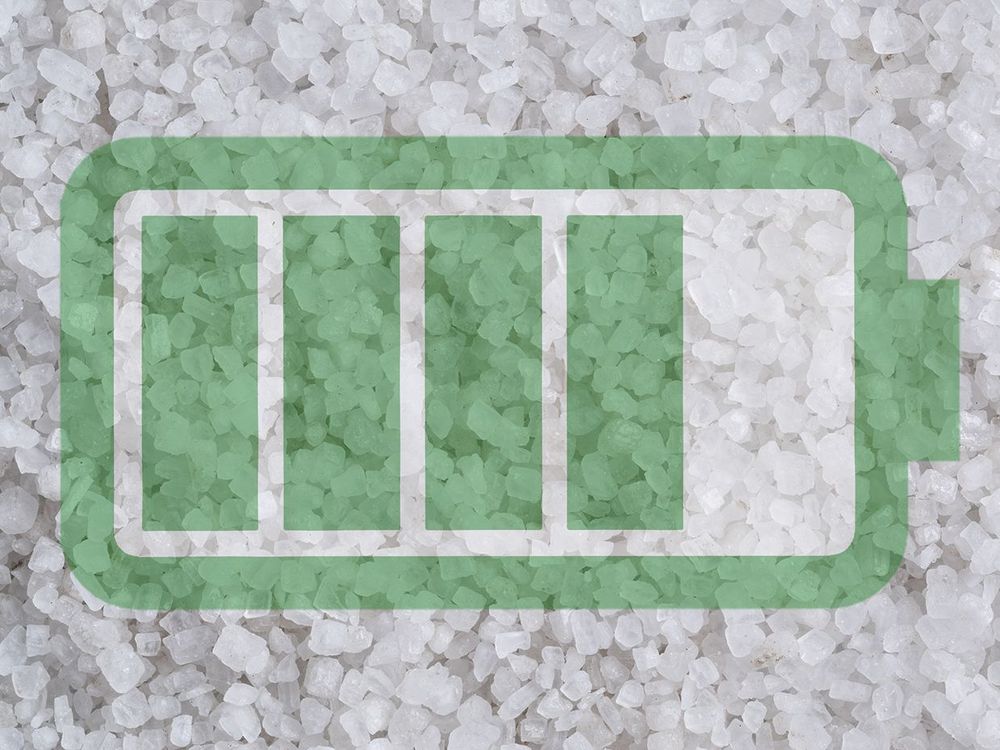
Anyone who’s owned a vintage car can tell you—and boy, will they tell you—how much time, money, and maintenance is required to keep their baby running. And don’t forget the gasoline, garage oil puddles, or tailpipe pollution involved.
A California startup may have the answer: A plug-and-play innovative motor to convert that finicky old gas-guzzler into an electric car. Eric Hutchison and Brock Winberg first gained attention by rescuing a moldering, V-8-powered 1978 Ferrari 308—you may know it as the model that “Magnum: P.I.” drove on TV—and transforming it into an electric marvel. Now, the co-founders of Electric GT have developed a DIY, electric “crate motor” that will let traditional gearheads or EV fans do the same.
“A lot of guys go out for a weekend in a classic car that’s 40 or 50 years old, but they get a ride home with AAA; it ends up being a one-way trip,” Hutchison says. “Here, you’re taking out 95 percent of the maintenance, which is the biggest problem with classic cars. So this is for enthusiasts who love their cars, but want a fun, reliable car that’s good for 100 or 125 miles on a weekend drive.”

